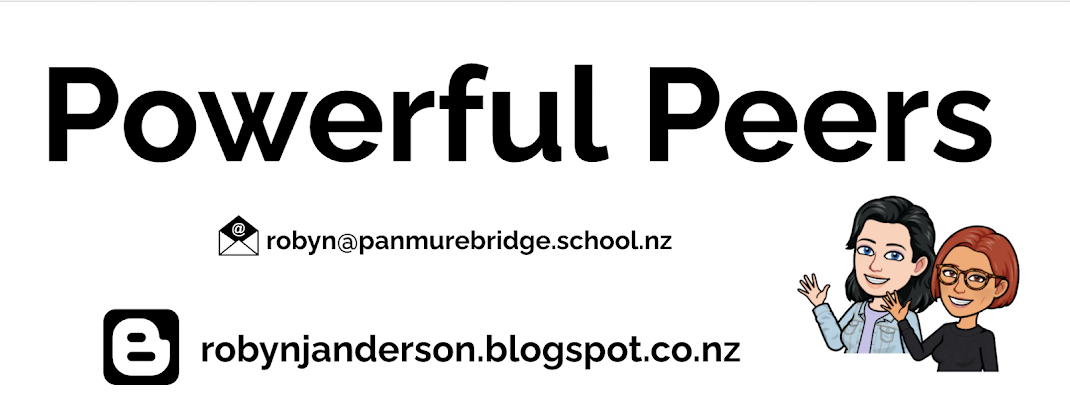Photo via Good Free Photos
Today we began our journey into this terms reading challenges and I needed to get those cogs turning! I have chosen to explore the suffragette movement to help my learners make deeper connections to the upcoming elections. Understand the importance of having the right to vote, and why people in the past fought for this right underpins the texts chosen to explore this topic.
I know my learners and I knew that I needed to engage them by selling this topic in the right way. I thought that it was important to use my blog as a platform for reminding people about the importance of finding a way to bring a difficult topic back to the world of our learners to allow them to make strong personal connections.
What I did to build connections together:
I began by asking my learners to find an learning buddy and by asking the questions:
- Who is in charge of New Zealand?
- Who makes the laws and rules?
- Who is NZ's Prime Minister?
- How did he/she get this job?
Initial responses were interesting and varied, but none were correct. We then used our smart searching skills to find this information. To bring it back to our immediate world we looked at our own school. I knew I need to build vocabulary knowledge so we use our devices to define the words: vote, parliament and government.
I borrowed an idea from Adrienne Dines at St Patricks School and introduced the notion that ‘talk is the action born from thinking’. We unpacked this statement together by me asking why I was sharing this.
"So we talk about our thinking..."
"So you know we are thinking..."
"Because if we talk it kind of goes in our brain and help us understand more..."
I shared our 'Votes for Women' site and shared the fact that a long time ago it was only men who were allowed to make decisions about how we lived. Women, alcoholics, criminals, men under 18 and those classified as insane were not allowed to make any of these decisions. To say the girls in this group were shocked is an understatement! The result of this statement was a buzz of talk as I was immediately bombarded with questions as to why women weren't allowed an opinion. No answers were given as I pointed out this was what we were going to find out.
We used the learning buddy partnerships to then explore the amazing interactive timeline on the NZ parliament site. Their task was to use their skimming and scanning skills to find and briefly summarise information they found interesting. While this was happening I worked my way around each group having rich conversations about their identified points of interest. It is important to mention here that I had previously looked through this information so I was able to recall and discuss it without referring to my computer.
To capitalise on today's engagement I asked each pair to record something on the white board that they wanted to find out more about. These questions excite me as I can see that deep and critical thinking is emerging.
- Did the Queen have anything to do with the law that only men could vote?
- What convinced the men to allow women to vote?
- Why didn't men let women vote at first?
- What convinced the men to allow women to allow women to stand for parliament?
- Why were men from other countries not allowed to vote?
- Why was Wellington chosen to be the place of parliament?
- Which men agreed with Kate Sheppard and made women's rights possible?
My learners felt engaged and empowered, and I was reminded of how important it is to know your learners, know your topic and know how to make connections to your learner's immediate world.
The images used do not reflect my target students





No comments:
Post a Comment